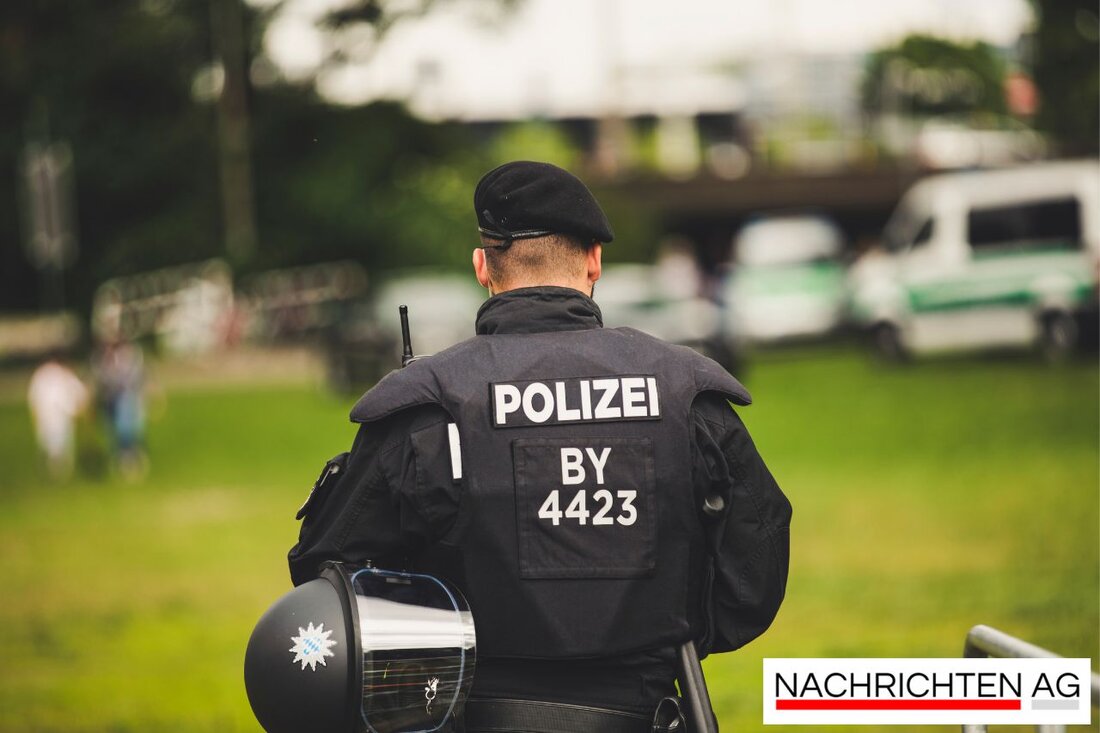Berlin's police get more power: new law for surveillance decided!
Berlin's police get more power: new law for surveillance decided!
Berlin, Deutschland - The Berlin Police Act will be gripped more sharply in the future. CDU and SPD have agreed on a comprehensive amendment to the General Security and Ordinary Act (ASOG), which includes numerous changes. A central element of this reform is the monitoring of crime -contaminated places by video cameras. This is part of a broader approach to improve security in the capital.
So far, the police have only allowed the police to monitor phone calls and SMS. In the future, however, messenger services such as WhatsApp or Telegram will also be included in the risk of danger. This surveillance powers are expanded as part of the so-called source telecommunications monitoring, which was developed in particular to combat organized crime and terrorism. A reservation of court remains in order to do justice to the protection of fundamental rights, emphasizes Berlin's Senator Iris Spranger (SPD) and underlines the importance of proportionality in this context.expanded monitoring measures
The new regulation provides for increased use of the source TKÜ, which enables the police to evaluate communication before or after encryption. This technology is not only used for recognition, but also to avert the dangers of international terrorism. The Federal Criminal Police Office (BKA) uses both self -developed and commercial software, which is used after extensive tests and legal conformity. A "standardizing service description" (SLB) defines the specifications for technological use and has been updated to take more open technical requirements into account.
The source TKÜ and the online search are legally anchored in § 100a paragraph 1 StPO and § 49 BKAG. Both instruments represent complex investigation measures that require tailor -made operations with high personnel effort and for which a judicial order is necessary. Although the BKA does not provide any information about the frequency of the operations, the legal supervision of the use of such technologies remains of central importance.
legal framework conditions
In Germany, telecommunications monitoring is only possible on a legal basis, such as the police law and the Code of Criminal Procedure. All police measures are subject to a judge's reservation and are limited in time. The persons concerned must be informed after the end of the surveillance in order to be able to check the legality of the measures. In certain cases, however, this notification can be postponed in order not to endanger the purpose of the measure.
The regulations for telecommunications monitoring ensure that the measures are permitted under strictly defined conditions and consider the access of foreign authorities considerably. This ensures the protection of civil rights and promotes a balanced relationship between security and data protection. The responsible supervisory authorities continuously work on monitoring compliance with these provisions and informing the public about developments in security legislation.
In summary, it can be said that the tightening of the police law in Berlin not only leads to stronger surveillance, but also emphasizes the legal framework and the control of such measures.For more information, visit the articles on the [monitoring measures of the Berliner Zeitung] (https://www.berliner-zeitung.de/mensch-metropole/video-und-tefelefelefefeberwachung-online-Berlin-Berline Bka] (https://www.bka.de/de/unserehufe/ermittlungs- Unterstugung/technologien/quellentkueonlinedschauung/quellentkueonlinedsuchung_node.html) and the telecommunications law Framework.
| Details | |
|---|---|
| Ort | Berlin, Deutschland |
| Quellen | |


Kommentare (0)